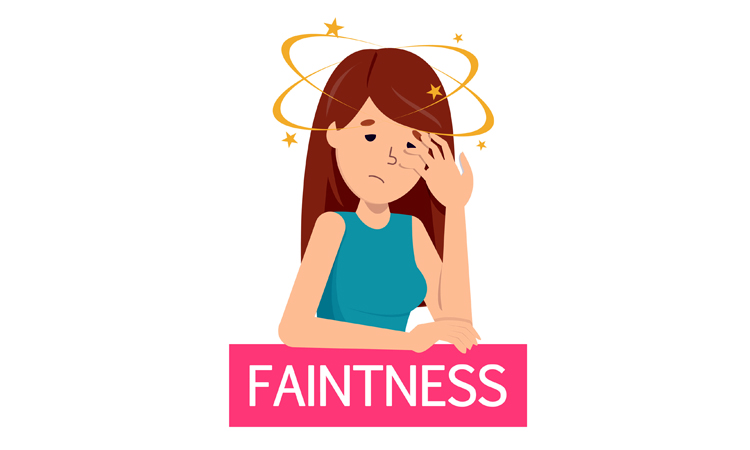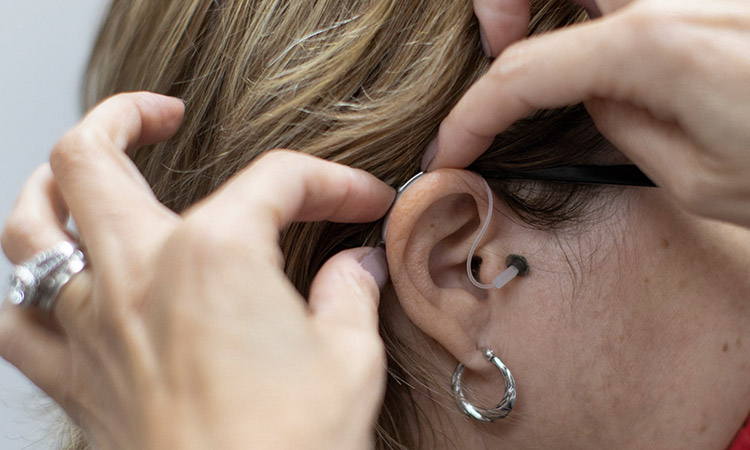Read on to find out the possible causes of unexplained fainting

If you've had a fainting spell, the cause may be benign, but you may still want to make an appointment with your doctor. TNS
Mayo Clinic News Network
Dear Mayo Clinic: I had a fainting spell the other day, which had never happened to me before in my 64 years. I don’t feel unwell, but a friend I was with at the time insists I should see my doctor. Is that necessary? What would they be looking for?
Yes, make an appointment to see your health care provider. Fainting, or passing out — a temporary loss of consciousness also known as syncope — is caused by insufficient blood flow to the brain. Some causes of syncope are fairly benign, such as from dehydration, or during a frightening or uncomfortable event, such as a blood draw. But there are potentially serious and even life-threatening causes, including heart and neurological conditions, especially in adults over 60.
Your health care provider likely will perform a detailed history to look for any medical, environmental or behavioural factors that may have caused you to faint. For example, missed doses of a medication, prolonged standing or anxiety in a crowd may contribute to syncope.
A physical examination may offer important clues, as well. This includes measurement of your blood pressure and heart rate, listening to your heart, and completing a neurological exam.
Syncope occurs when your blood pressure falls too low, which may occur when your heart rate is excessively fast or slow, such as with an arrhythmia. Examples of heart disturbances that could cause syncope include bradycardia, a slower-than-normal heart rate; tachycardia, a faster-than-normal heart rate while at rest; and aortic stenosis, a narrowing of the heart’s aortic valves. Neurological conditions such as a seizure or a transient ischemic attack, often called a “ministroke,” also can result in loss of consciousness.
A condition known as vasovagal syncope, sometimes called “neurocardiogenic syncope,” occurs when you faint as a result of your body overreacting to certain triggers, such as the sight of blood or extreme emotional distress. The trigger causes the part of your nervous system that regulates heart rate and blood pressure to drop suddenly, reducing blood flow to the brain and causing you to faint.
A detailed history and exam may identify the cause of syncope. Often, an EKG or additional heart testing also will be recommended to look for any abnormal heart rhythms. Other tests may include a complete blood count, electrolyte panel, and tests of your blood sugar and thyroid function. You may be referred for a heart ultrasound (echocardiogram), stress test or tilt table test. If you took a hard fall, imaging tests may be performed to look for fractures or other trauma.
Management of syncope depends on the underlying cause. Most often it involves learning to avoid triggers and recognise warning signs. Pay attention if you begin to feel lightheaded, dizzy or clammy, or if you have unusual sweating, nausea or heart palpitations. Sit or lie down until you feel stable or are able to call for assistance. Be sure to be evaluated if this occurs.
The fainting spell you experienced may be a one-time occurrence, but it’s still in your best interest to see your health care provider so he or she can determine what, if anything, should be done to explore the cause further.
Tribune News Service







